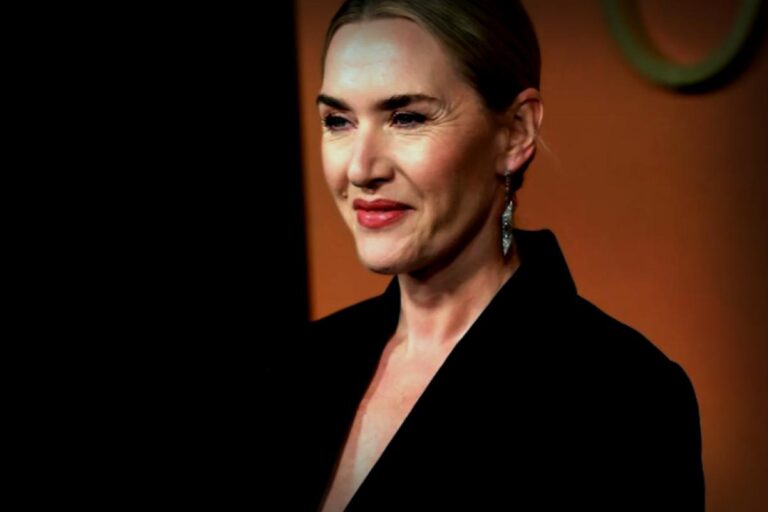Unlocking more opportunities for education in lifestyle medicine—such as Continuing Medical Education (CME) courses, professional certifications, webinars, mentoring, and peer networking—is crucial for helping healthcare providers embrace this medical specialty. That’s the main takeaway from recent findings published in Translational Behavioral Medicine.
Conducted by the American College of Lifestyle Medicine (ACLM), this qualitative research highlights the importance of targeted educational tactics in enhancing clinicians’ abilities and confidence when applying lifestyle medicine to manage chronic diseases.
According to Micaela Karlsen, Ph.D., ACLM’s senior research director, “These discoveries offer healthcare leaders a clear guide on how to effectively implement lifestyle medicine within their systems. By prioritizing CME courses, organizing conferences, or creating informal environments like wellness programs and peer support groups, they can significantly influence the uptake and sustainability of lifestyle medicine practices.”
Successful Strategies Identified
To gauge how different health systems are equipping their staff for lifestyle medicine engagement, researchers carried out over 60 interviews with clinicians, administrators, and educators across eight health systems. Out of these, seven are members of ACLM’s Health System Council, a group focused on integrating lifestyle medicine into clinical practice.
- Engaging CME courses on lifestyle medicine and food as medicine
- Certification in lifestyle medicine
- Grand rounds and internal training sessions
- Participation in ACLM’s annual gatherings
- Mentoring programs and peer learning
Those interviewed noted that these educational efforts sparked shifts in organizational culture and practice, fostering mentoring and increased peer support. Reflecting on these changes, one physician shared that gaining lifestyle medicine certification helped them guide 15 colleagues, including doctors and nurse practitioners, towards achieving their certifications.
Moreover, six of these health systems took advantage of lifestyle and food-focused conferences to enhance clinician education. They found that attending these events fueled their enthusiasm for lifestyle medicine and encouraged them to share their knowledge within their teams.
Additionally, the research underscored the value of including lifestyle medicine in staff wellness programs. These initiatives allowed clinicians to experience the same lifestyle changes they recommend to patients, which in turn increased their trust and credibility while delivering lifestyle medicine care.
According to Meghan Ames, DrPH, MSPH, RDN, who led the study, “Implementing lifestyle medicine programs for healthcare employees is not just practical; it provides them a direct insight into the powerful effects lifestyle medicine can have on health.”
Essential Educational Topics
The study also highlighted several vital educational topics that are considered fundamental: a solid understanding of lifestyle medicine and its evidence base, skills in behavior change counseling, knowledge about referral possibilities, and operational business acumen.
Many participants emphasized the need to raise awareness of lifestyle medicine resources available both internally and in the broader community, stating it’s critical for encouraging patient referrals and effective usage of these services.
As one physician put it, “It’s crucial for our colleagues to be aware of the resources out there. Continuous education is necessary because there will always be new staff or clinicians joining the team.”
Find Out More: Meghan L. Ames et al, Education strategies to facilitate lifestyle medicine practice within health systems: a multiple case study of US health systems, Translational Behavioral Medicine (2025). DOI: 10.1093/tbm/ibaf042
Provided by the American College of Lifestyle Medicine.




















